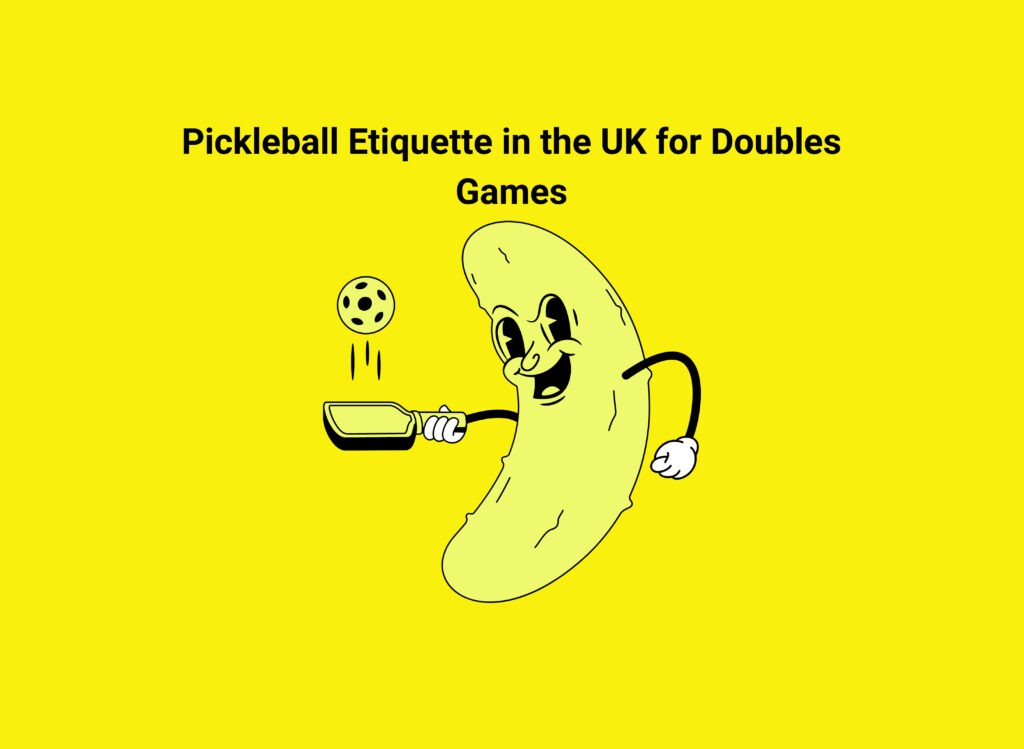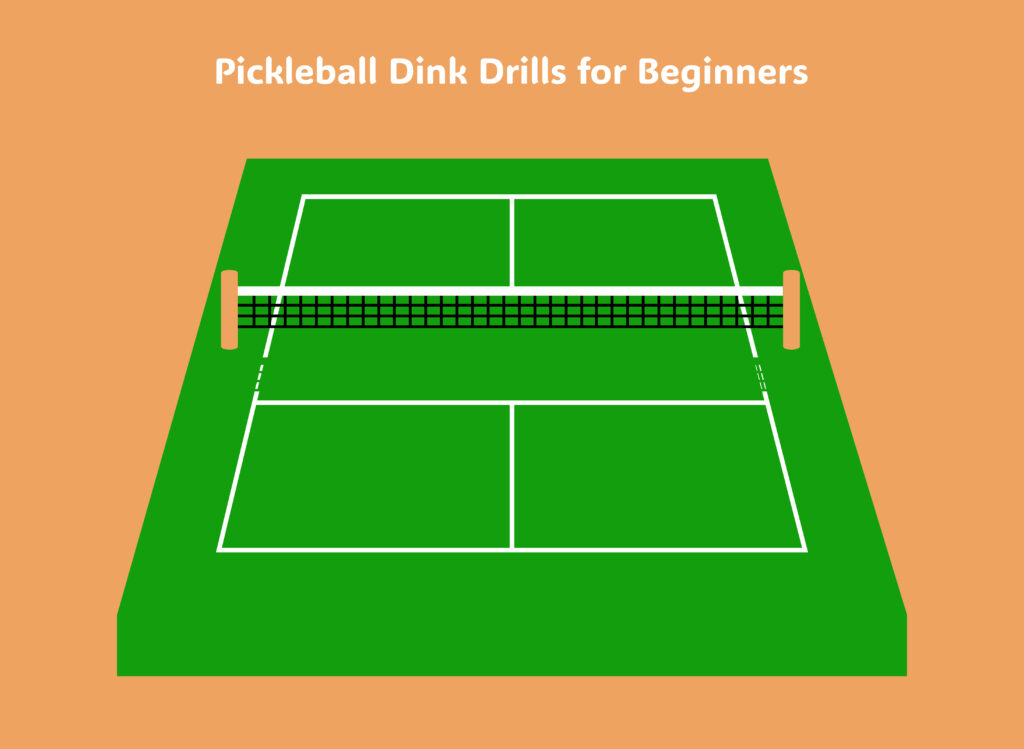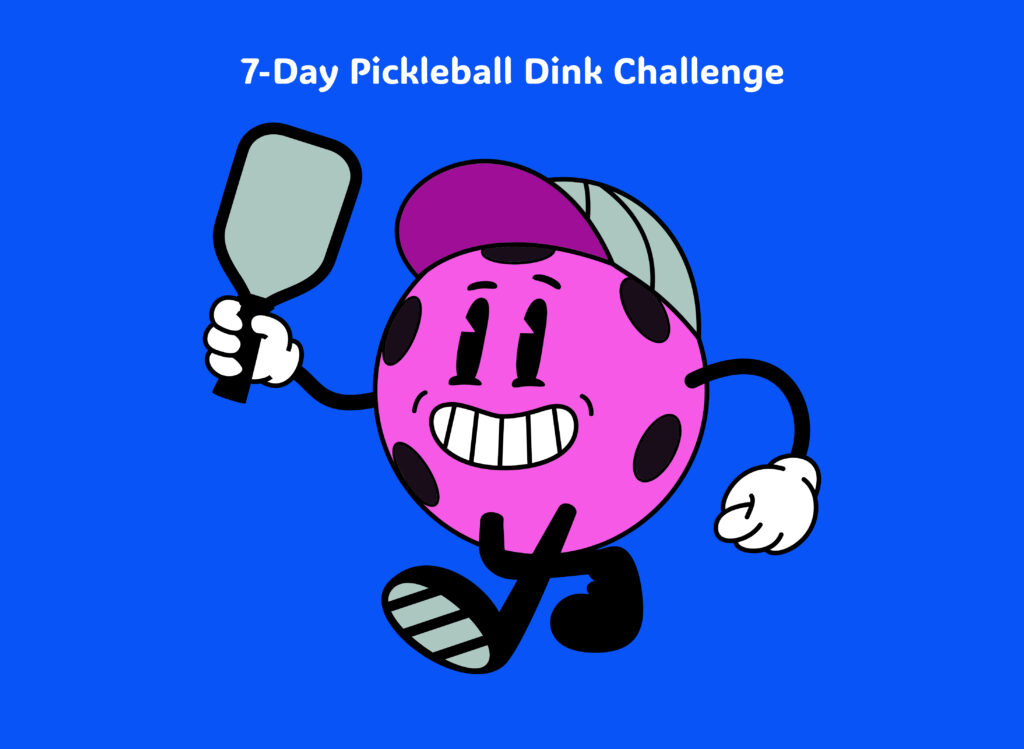- Pickleball Etiquette for Beginners Playing Doubles in the UK
- Doubles Etiquette at Intermediate Level: Communication and Court Awareness
- Advanced Doubles Etiquette: Sportsmanship, Leadership, and Competitive Integrity
- Social Doubles and Club Culture in the UK: Etiquette Beyond the Net
- Final Thoughts: Etiquette Is the Soul of Doubles Pickleball in the UK
Pickleball etiquette in doubles matches plays a huge role in maintaining the sport’s unique charm. The game is not just about volleys, dinks and third shot drops—it’s also about how you conduct yourself on court. It’s one of the few sports where competitive edge meets camaraderie, and that’s especially true in doubles, where teamwork, communication and respect are key.
Playing casually at a leisure centre or taking part in a UK Pickleball England-sanctioned tournament, understanding the expected etiquette will elevate your game far beyond your shot selection.
Good etiquette isn’t just polite—it’s tactical. Clear communication with your partner, mutual respect for opponents, and fair play all contribute to smoother rallies, fewer disputes, and a better overall experience for everyone on court. And with UK clubs welcoming new players every week, it’s more important than ever to promote the kind of sportsmanship that keeps people coming back.
Pickleball Etiquette for Beginners Playing Doubles in the UK
For new players entering the world of UK pickleball, doubles games can feel fast-paced and slightly intimidating. That’s why etiquette matters more than ever—it helps you feel more confident and gives structure to your early learning. Knowing when to speak, how to call lines, and how to support your partner can be the difference between an enjoyable match and a frustrating one.
Key points for beginners to remember:
✔ Call the score clearly and loudly before each serve—especially on busy courts.
✔ Respect the serve order and switching sides without needing reminders.
✔ Don’t celebrate unforced errors—keep your enthusiasm humble and encouraging.
✔ Say “sorry” if you accidentally poach your partner’s shot or make contact.
✔ Thank your opponents and partner after each game—win or lose.
Most importantly, don’t be afraid to ask questions mid-match if something’s unclear. UK pickleball players are, by and large, welcoming and patient. As a beginner, showing good etiquette—even when your shots are still developing—makes you a valued doubles partner and a welcome presence on any court.
🔥 Key takeaway: Good etiquette is the fastest way for beginners to earn respect and enjoy doubles—regardless of ability.
Doubles Etiquette at Intermediate Level: Communication and Court Awareness
As you climb the ranks and enter intermediate play, etiquette becomes more about team dynamics and court management. At this stage, your opponents expect a certain rhythm and structure to your game. Keeping things flowing, avoiding needless disputes, and maintaining your partnership’s chemistry becomes essential—especially in UK club ladders or inter-club league matches.
What matters most at this level:
✔ Communicate clearly with your partner—call “yours,” “mine,” and “let it go” early and often.
✔ Respect your opponents by keeping celebrations subdued and honest—cheer for good play, not mistakes.
✔ Honour line calls—if you’re unsure, give the point to your opponent.
✔ Keep coaching off the court unless it’s requested—it’s a doubles match, not a lesson.
✔ Don’t dominate the match—even if you’re the stronger partner, trust your teammate.
UK pickleball culture thrives on fairness and friendliness. Disputes are rare, but when they do occur, they’re usually the result of poor communication. If you’re playing doubles with a new partner, set some ground rules: who takes lobs, who controls the middle, and how you’ll call out balls. It avoids confusion and shows maturity as a player.
🔥 Key takeaway: Intermediate etiquette is about communication, consistency, and showing respect for both your partner and your opponents.
Advanced Doubles Etiquette: Sportsmanship, Leadership, and Competitive Integrity
At the advanced level—whether playing UK tournaments, club finals, or elite sessions—etiquette becomes as much about leadership and example-setting as it is about courtesy. Your reputation precedes you, and how you behave on court can influence club culture and player relationships across the region.
Pro-level etiquette includes:
✔ Being gracious in both victory and defeat—handshakes, eye contact, and a “well played” go a long way.
✔ Helping less experienced players feel welcome in open play—even if you’re well above their level.
✔ Avoiding excessive celebrations or emotional outbursts, especially in close matches.
✔ Respecting your opponents’ warm-up routines, shot rhythms, and focus levels.
✔ Keeping line calls fair and honest—even if it means conceding a crucial point.
In high-level UK pickleball matches, players still maintain that core spirit of the game—respect, camaraderie, and fairness. The more competitive the play, the more valuable sportsmanship becomes. The players who get invited to play at top clubs or fill in during county matches aren’t just the best hitters—they’re the best teammates, too.
🔥 Key takeaway: At advanced level, etiquette becomes leadership—what you do on court sets the tone for others.
Social Doubles and Club Culture in the UK: Etiquette Beyond the Net
Pickleball is as much a social sport as it is a competitive one. Across UK clubs, open play sessions and social doubles are the heart of the game, and etiquette here plays a slightly different role. It’s less about strategy and more about inclusion, patience, and creating a welcoming atmosphere.
Social play etiquette essentials:
✔ Rotate partners regularly—don’t dominate one side of the net or cling to favourites.
✔ Avoid aggressive shots at beginners or casual players.
✔ Don’t argue line calls in social games—keep it friendly and light.
✔ Offer encouragement to new players—help them integrate and enjoy the experience.
✔ Respect time limits, waitlists, and court rotations—everyone deserves their turn.
In the UK, pickleball culture is built on clubs that prioritise community, accessibility, and fun. If you want to build a reputation as someone everyone wants to play with, your attitude and sportsmanship will matter far more than your win rate. A polite, welcoming, and inclusive doubles partner will always be remembered for the right reasons.
🔥 Key takeaway: Off-court etiquette and social awareness are just as important as shot-making—especially in UK club settings.
Final Thoughts: Etiquette Is the Soul of Doubles Pickleball in the UK
In pickleball, especially in doubles, your character on court speaks louder than any forehand. How you treat your partner, your opponents, and the game itself leaves a lasting impression. Whether you’re playing casually in Cornwall or competing at a Pickleball England ranking event, good etiquette is what sets the tone for a thriving community and a healthy sport.
Key Takeaways:
✔ For beginners, etiquette builds confidence and shows you’re a team player.
✔ Intermediate players must communicate clearly and respect the game’s flow.
✔ Advanced players lead by example, showing integrity and sportsmanship.
✔ Social players should focus on inclusion, fairness, and creating a warm club culture.
✔ Across the UK, etiquette is as important as skill—it defines the game’s spirit.
👀 Enjoyed this read? Fancy levelling up your game even more? Keep reading Dink Quest for the best pickleball tips, drills, and news in the UK!
🎯 Check out these popular posts next:
📬 Subscribe to the Dink Quest newsletter to Stay in the Loop and be the first to get new blog posts, UK pickleball news, tips, player spotlights and exclusive offers
👉 Click here to subscribe now
Get discounts and exclusive offers for Paddles, clothing and accessories from our shop
We’ve got plenty more where that came from! Whether you’re working on your third shot drop, curious about dinking strategies, or just figuring out how to hold your paddle without it flying across the court we’ve got you covered.
👉 Keep reading, keep learning, and keep dinking smart. Let’s grow the game together, one dink at a time. 💚
See you on the court!
The Dinkquest Team UK 🏓


